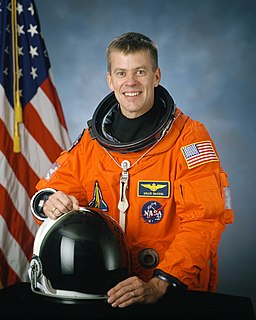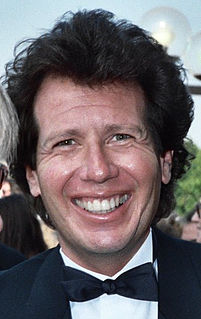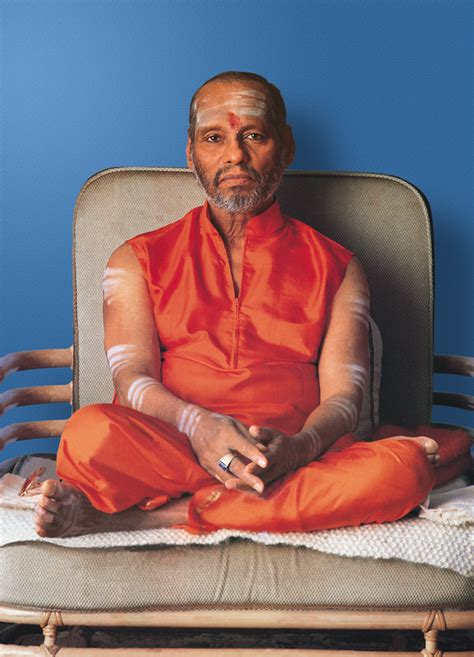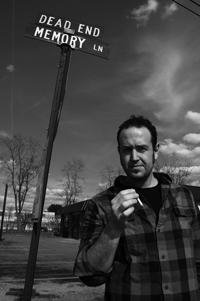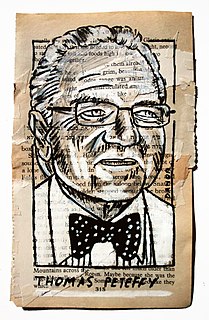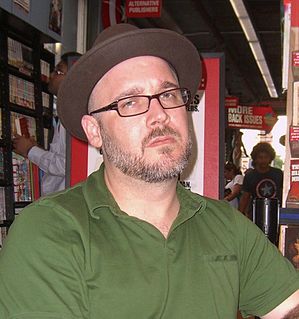A Quote by William C. McCool
It's beyond imagination until you actually get up and see it and experience it and feel it.
Quote Topics
Related Quotes
I think our brains does have a tendency to be true to its own ideas and statements. Everything we do and everything we think about is a belief. Until we get to the point where we look beyond our own ego-self, and to some degree beyond our own mind, we are always going to make assumptions and have beliefs to make our brains feel more comfortable. And if we can get to a point where we embrace that uncertainty and doubt, and be willing to learn from that and to explore that, I think that that could be a very positive experience.
Within a year after I write a play I forget the experience of having written it. And I couldn't revise or rewrite it if I wanted to. Up until that point, I'm so involved with the experience of having written the play, and the nature of it, that I can't see what faults it might have. The only moment of clear objectivity that I can find is at the moment of critical heat - of self-critical heat when I'm actually writing.
Through intense deep meditation you reach a state that is beyond thought, beyond change, beyond imagination, beyond differences and duality. Once you can stay in that state for a while and come out of it without losing any of it, then the inner divine love will begin to pour through you. You will not see people as different, separate individuals. You will see your own Self in everyone around you. Then the flow of love from within you will be constant and unbroken.
When people talk about imagination, they tend to think of fantasy or something made-up. But really imagination is a mode of perception. Which is maybe why so many artists have turned to the occult. Artists tend to feel like outsiders. Whether they are actually outsiders or not is also kind of irrelevant.
If you're struggling, it's easy to feel powerless until you take control of it and assert what you want. I can understand that feeling. I can understand how it feels to be alone, to not want to get help from people and to not trust people who are actually wanting the best for you. I feel like that's true for a lot of people, actually.
Science begins with the world we have to live in, accepting its data and trying to explain its laws. From there, it moves toward the imagination: it becomes a mental construct, a model of a possible way of interpreting experience. The further it goes in this direction, the more it tends to speak the language of mathematics, which is really one of the languages of the imagination, along with literature and music. Art, on the other hand, begins with the world we construct, not with the world we see. It starts with the imagination, and then works toward ordinary experience.
The idea of a group of elders is that, in past civilizations, they have linked worlds; the other world was also present in this one. There is also the argument that elders have "experience." The problem is that experience teaches fear of change. Experience kills imagination. Experience makes people conservative. What we are facing tomorrow requires the force of imagination, not wisdom from yesterday.
I want to be remembered as an imaginer, someone who used his imagination as a way to journey beyond the limits of self, beyond the limits of flesh and blood, beyond the limits of even perhaps life itself, in order to discover some sense of order in what appears to be a disordered universe. I'm using my imagination to find meaning, both for myself and, I hope, for my readers."-Clive Barker
